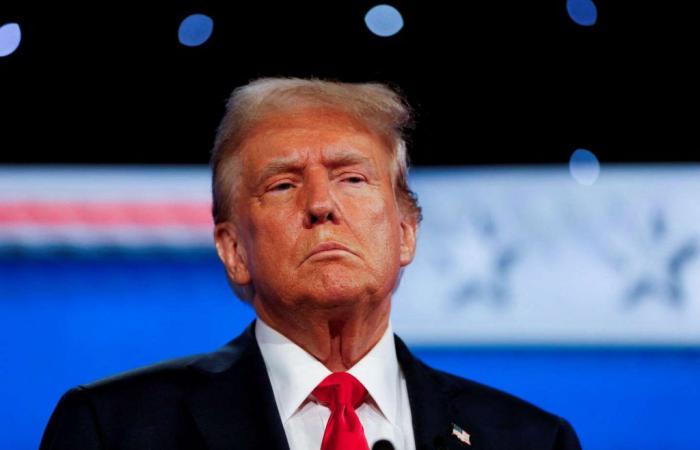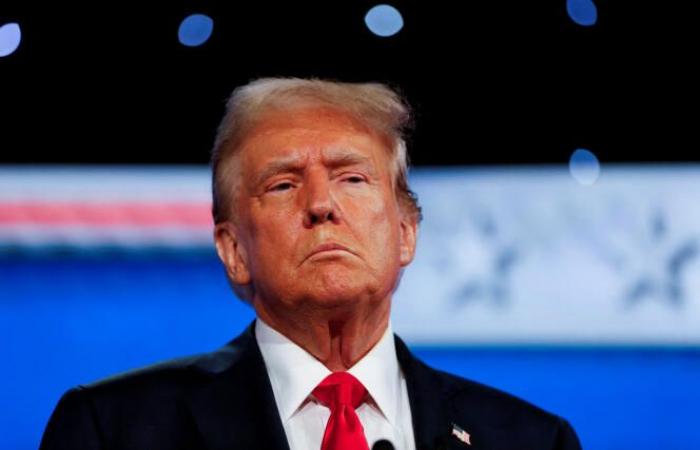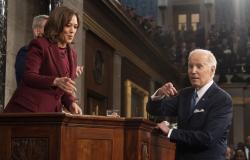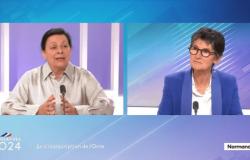Donald Trump is enjoying a period of bliss. A few days after Joe Biden’s shipwreck during their televised debate, the former president received, on Monday, 1is July, another piece of good news. Unsurprisingly, the conservative-dominated Supreme Court dealt a severe blow to the federal investigation into the attempted coup that led to the January 6, 2021, assault on the Capitol.
Asked to rule on the total presidential immunity that Donald Trump was demanding in the context of his past functions, she did not consent to this request, extravagant in the eyes of lawyers. But, behind the subtleties of the decision, the victory is no less spectacular for the Republican candidate, who sees the threat of a trial in this case receding. Donald Trump can also hope for favorable responses in the other investigations against him, in particular the one conducted in Georgia concerning the pressure exerted, at the end of 2020, on officials of this state to modify the result of the election.
Chief Justice John Roberts, who wrote the decision, which was approved by a vote of six to three, stressed that “the nature of presidential power requires that a former president be able to enjoy some form of immunity from criminal prosecution for official acts committed while in office”. An immunity that must be absolute, he adds, with respect to the heart of his constitutional prerogatives. For his other official acts, in areas where he shares authority with Congress, he must also benefit from a form of “presumption of immunity”which can only be lifted on a case-by-case basis, in court, depending on the relevance of the evidence gathered by the prosecution.
Read also: 2020 election trial: Court bars Donald Trump from making public comments about judges, prosecutors or witnesses
Add to your selections
Finally, private acts are not covered by immunity. Three possible scenarios are therefore outlined, but without clearly defined scope for the last two. Here is Tanya Chutkan, the judge presiding over the hearing on January 6 in Washington, invested with an immense responsibility. But time is running out.
Special prosecutor’s investigation cut short
Behind this apparent caution of the Court and its apology for the separation of powers, the majority of the judges build a series of walls, of varying sizes, around the presidential institution, and therefore around Donald Trump. John Roberts seems especially concerned about possible politically motivated prosecutions against a president, in disregard of the heart of the case: an attempted coup d’état. He is worried about the intrusion of the judiciary into the executive, about the dissuasive and disruptive effect that the threat of criminal prosecutions on a president would have, in key arbitrations.
You have 72.77% of this article left to read. The rest is reserved for subscribers.







